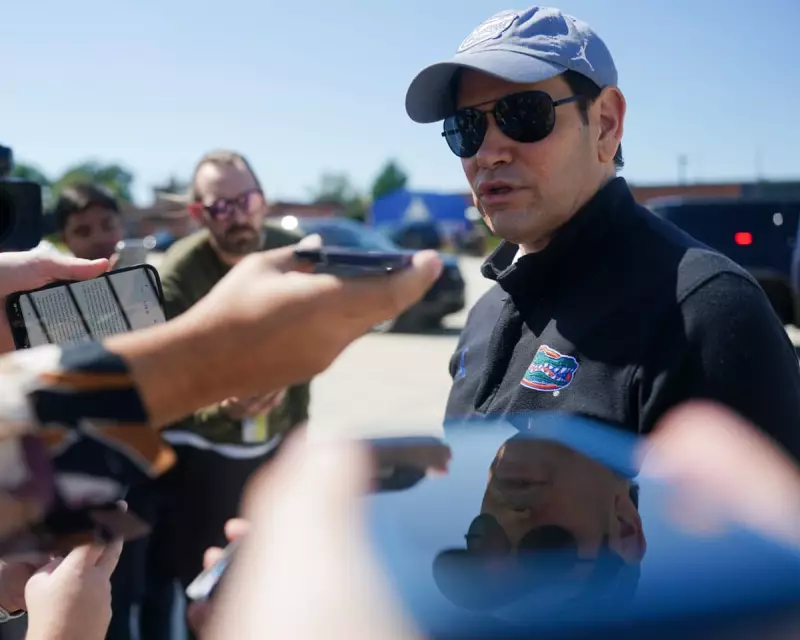
US Senator Marco Rubio has embarked on a high-pressure diplomatic mission to the Middle East, landing in Israel for talks with top officials before a pivotal visit to Qatar. The Republican senator's tour comes at a moment of heightened tension and stalled negotiations concerning the Hamas-held hostages in Gaza.
Rubio, a senior member of the Senate Intelligence Committee, is scheduled to meet with Israeli Prime Minister Benjamin Netanyahu and other key figures in Jerusalem. The agenda is expected to focus on Israel's ongoing military strategy in Gaza and the urgent, yet faltering, efforts to secure the release of hostages captured during the 7 October attacks.
The Qatari Question: A Crucial Mediator
The most anticipated leg of his journey will be in Doha, where Senator Rubio is set to engage with Qatari leaders. Qatar has long served as a primary intermediary in the delicate negotiations between Israel and Hamas. However, its role has recently come under intense scrutiny from US lawmakers, including Rubio himself, who have accused the Gulf state of not leveraging its full influence over the militant group.
This visit signals a potential shift in approach, moving from public criticism to direct, behind-the-scenes diplomacy. The outcome of these discussions could be crucial for restarting the ceasefire and hostage exchange talks that have repeatedly collapsed.
A Delicate Balancing Act
Rubio's mission represents a delicate balancing act for US foreign policy. While the Biden administration pursues its own channels, influential senators like Rubio can apply distinct pressure and foster dialogue in ways the official White House line sometimes cannot. His talks will likely address:
- Security guarantees: Ensuring any deal provides long-term security for Israel.
- Humanitarian aid: Finding avenues to accelerate the flow of aid into the devastated Gaza Strip.
- Regional stability: Discussing the overarching goal of preventing a wider regional conflict.
The success or failure of this congressional diplomacy will be closely watched in Washington and world capitals, as the conflict continues to be a dominant and divisive global issue.





